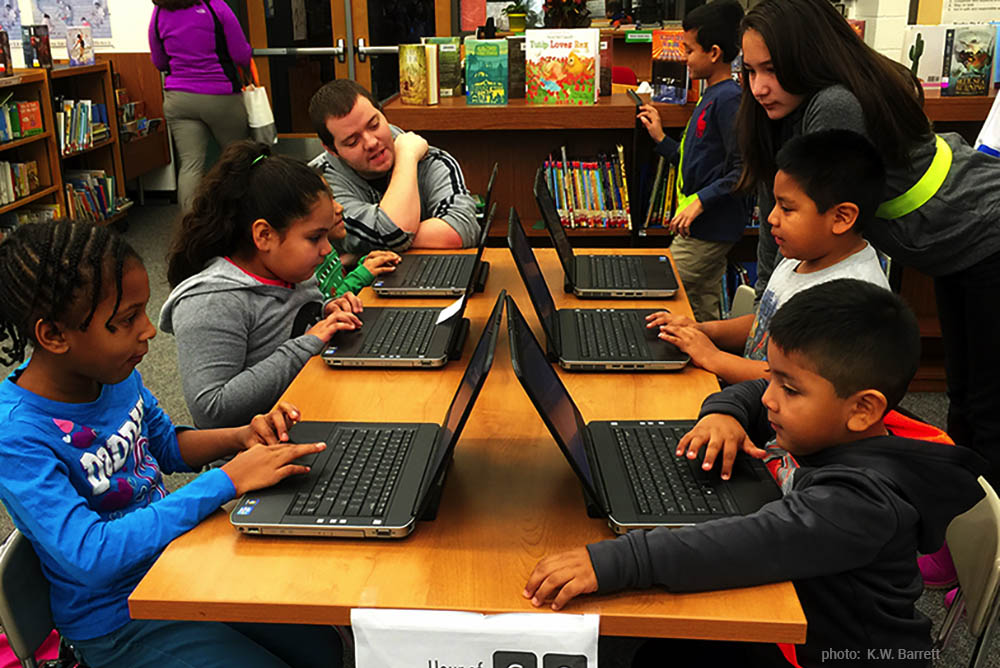Tunis — By 2030, it is estimated that 1.564 billion children and youth will be of school age. Of these, only 40% will learn minimum secondary level skills. They will be the fortunate ones. Of the others, roughly one third will not even learn basic primary school level skills and will be living mainly in low- and middle-income countries with the highest demographic growth. This will exacerbate the challenges facing all of us. Indeed, 2030 is of course the year when the world must meet the ambitious targets set out in the Sustainable Development Goals, and in particular Goal 4, which envisages a world at school.
These shocking statistics underscore the extent of the challenge. For in 2030, one third of the world’s children and youth will basically learn next to nothing. Another 27%, some 424 million, will only learn basic primary level skills. The question is: how much of this learning will help young people capture coveted occupations able to withstand the shifts and changes in today’s global economy? And the picture becomes even more grim when we look to the 40% who will learn minimum secondary level skills. Already, some 40% of employers globally, many of whom are in developing countries, are finding it difficult to recruit young people with the skills they need. Young adults around the world, even university graduates, are already three times as likely to be unemployed as older adults because they lack the skills employers are looking for or they struggle to make that first transition into gainful employment.
Continue reading this article here.
Amel Karboul is the Secretary-General of MEF (Maghreb Economic Forum), the Former Minister of Tourism for Tunisia and a Commissioner on the Education Commission.

